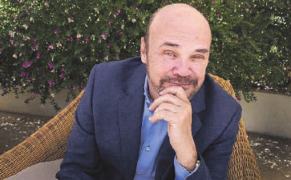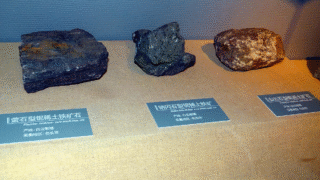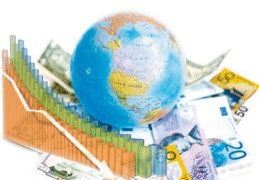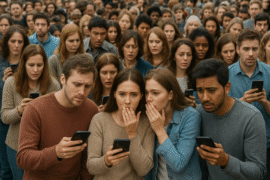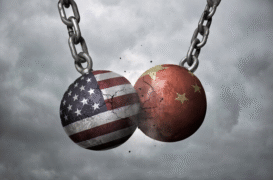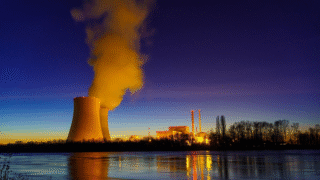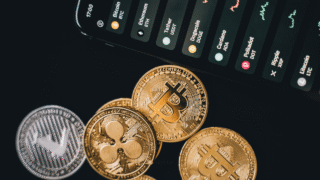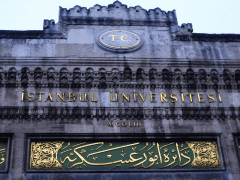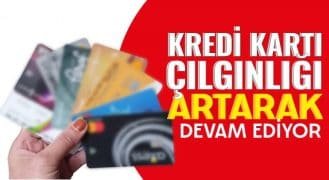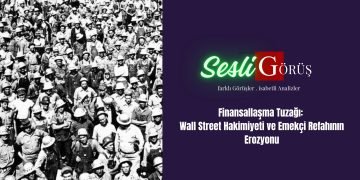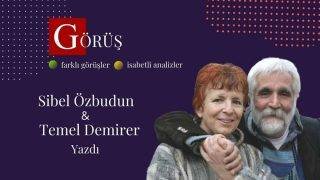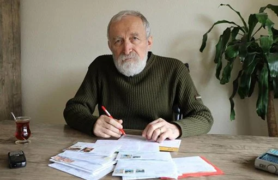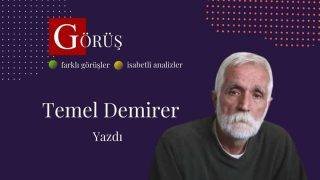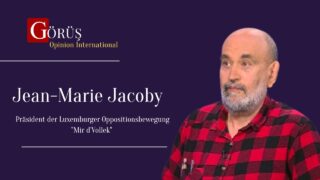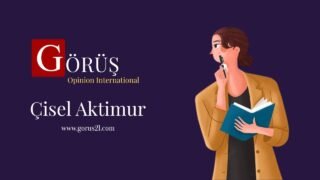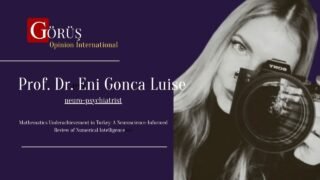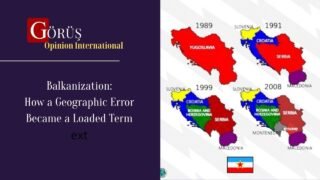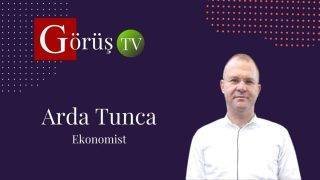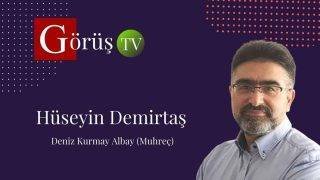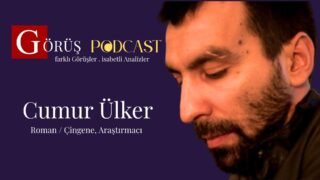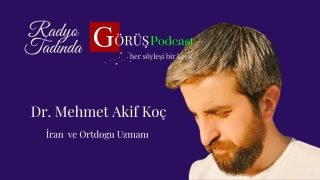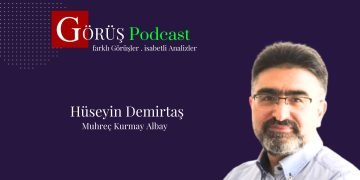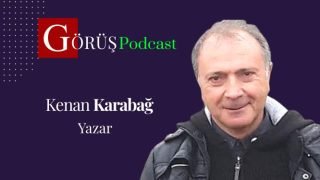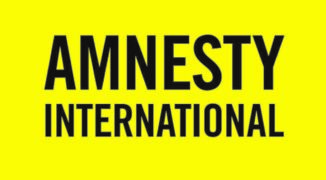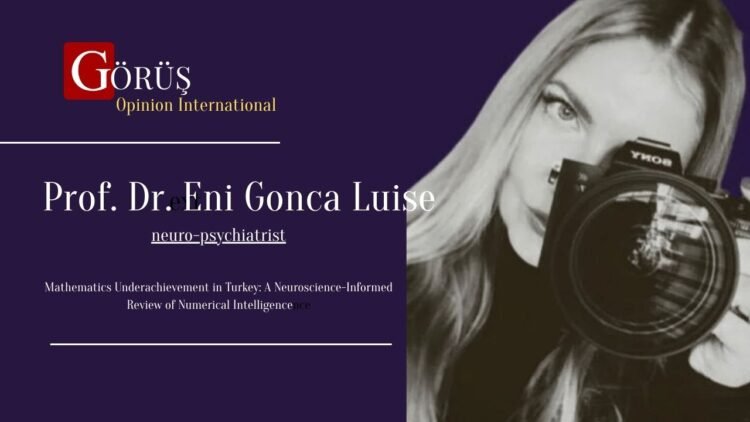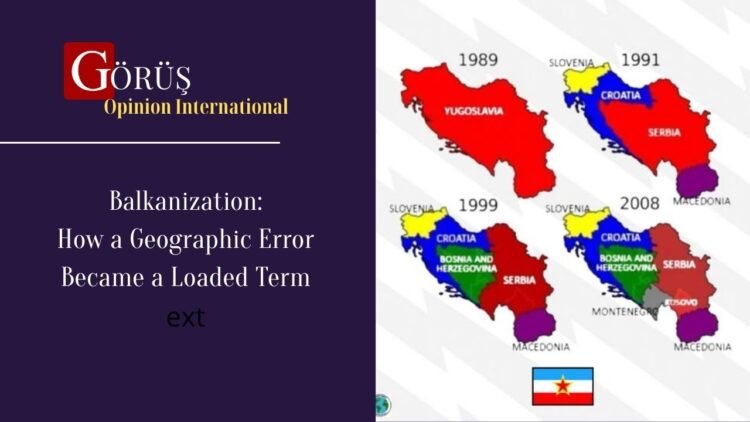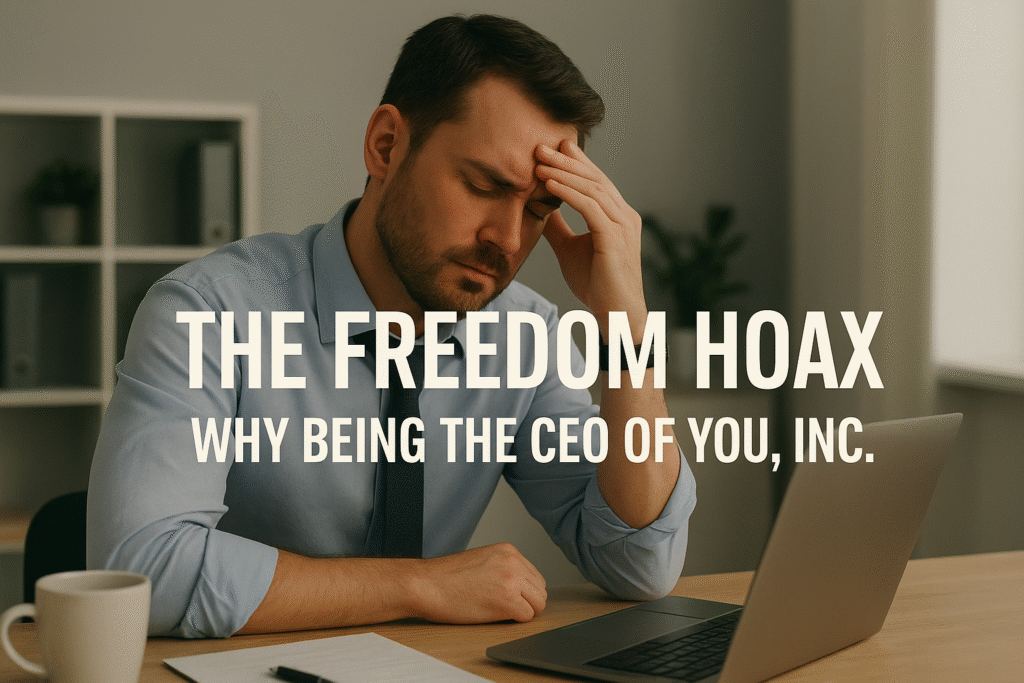
The way many of us live in the 21st century sits right at the heart of a deep and unsettling paradox. We are constantly bombarded with a message: you must maximize your potential, build that personal brand, and be flexible and adaptable. In essence, we’re told to be the CEO of you, Inc.. This ideology is sold to us as the ultimate form of liberation—a fantasy of absolute freedom and total control over one’s life and career. It’s a narrative of endless possibility. If things don’t work out, we’re encouraged to believe it’s purely down to our own lack of entrepreneurial effort.
But here is the snag, the paradox : if we are all supposedly so free and possess such agency, why does this relentless pressure so often result in burnout or deep anxiety—a feeling of being trapped and constrained? Why does the promise of maximum freedom seem to lead straight to maximum pressure? This massive gap between the promise of ideological freedom and the actual lived experience of constraint is what we must unpack.
This analysis draws on contemporary research in organizational theory and applies the profound philosophical warnings of Hannah Arendt, especially her ideas on totalitarianism, genuine human freedom, and spontaneity. We synthesize Arendt’s major works—The Human Condition and The Origins of Totalitarianism—with critiques from modern thinkers like Ishak and Foucault. Our mission is to understand how these modern, seemingly positive ideas of self-actualization might actually be eroding something fundamental: real freedom and our ability to act meaningfully. We are digging deep to find the insights that explain this kind of hidden straitjacket that shapes so much of modern life.
Arendt’s High Standard: The Distinction Between Labor and Action
To understand the modern constraint, we must first grasp Arendt’s demanding definition of freedom, which was “much richer, more demanding” than just having choices. She famously broke down human activity into different spheres: labor, work, and action.
Labor: The Hamster Wheel of Necessity
Labor (L-A-B-O-R) refers to all those activities tied to just staying alive, or biological necessity, such as eating, sleeping, and keeping warm. It is the endless, repetitive, and cyclical maintenance of life itself. Whatever is produced through labor gets consumed, is perishable, and must be done again tomorrow. While necessary for survival, labor does not really distinguish us as unique individuals in a political sense; it doesn’t make us stand out. Labor is like “the hamster wheel of just keeping things going”—necessary, but leaving no lasting mark on the world
In direct contrast to that necessity, Arendt places action with speech. This is the highest level of human activity, the moment we actually go beyond just surviving, beyond necessity. Genuine freedom is actualized here, but it cannot happen alone; it absolutely requires other people—an audience.
Action and speech are how individuals reveal their unique personal identities and make their appearance in the human world. This capacity to initiate something new and unpredictable—to be truly distinctive—is only achieved in “sheer human togetherness” and “can’t happen in isolation”. This idea of freedom, only possible with other people, fundamentally clashes with the modern picture of the lone wolf entrepreneur making their mark all by themselves in the market. For Arendt, the political realm is defined by plurality, and action is meaningless if no one sees or remembers it.
Arendt makes a profound point about identity: the “who” of a person—that unique, unrepeatable core—is not something you possess internally and then decide to show. Instead, it is revealed spontaneously, often unexpectedly, through the consequences of your actions and words as they unfold and are interpreted by others. The actor, the person initiating the action, cannot fully grasp the meaning or the shape of their own act as they are doing it because they cannot step outside themselves to observe the beginning of their own story being written. Others see it, interpret it, and remember it, and that’s where the who emerges.
The modern obsession with personal branding, curating the perfect LinkedIn profile, and scripting an elevator pitch is an attempt to control and predefine the self—to prevent spontaneous disclosure. Arendtian freedom demands the willingness to risk this disclosure, acting without knowing exactly what it will reveal about you or how others will ultimately see it. It requires embracing vulnerability and spontaneity. If an action is totally predictable, it is not really action in her sense; it is merely a function, like labor or work. Predictability isn’t where freedom lives; freedom requires that vulnerability, that risk.
The Shared World
This whole idea of risking disclosure only really makes sense within a specific context, which she called the shared world. Action needs that collective stage, the public space, the polis, which is inherently tied to ideas of collective responsibility and interdependence. Without that shared public space, we lose the very possibility of political action and, therefore, genuine freedom. If all our energy gets sucked into just private survival, functional tasks, or labor, then the public realm literally shrinks, and the foundation for action just evaporates.
The Psychological Cost: Isolation and Loneliness
Arendt’s distinction between isolation and loneliness is crucial to understanding the human cost. Isolation is primarily a political state: you cannot act politically because you’re deprived of that public realm needed for action and speech to matter. You are alone in terms of power, but you might still have a strong sense of self internally.
Loneliness, however, is far deeper and more destructive—it is an existential condition. Arendt described it as the state where you feel “deserted by my own self”. It is being cut off socially, psychologically, even from your own capacity for thought. Loneliness is fundamentally corrosive to our inner life and our ability to think critically; in Arendt’s analysis, it is the fertile ground for totalitarianism because it destroys the internal plurality needed for thought and judgment.
Because Arendt’s idea of freedom—spontaneous disclosure, risking yourself in front of others—is so demanding, people might shy away from it, especially when modern life rewards predictable functionality above all else. When individuals become afraid of that risk, they look for alternatives and take refuge in activities where they’re isolated from everyone and where they remain in control of their actions. This perfectly describes much of modern work: spending hours tweaking a presentation to be flawless and predictable, or meticulously managing your online image. These feel safe because the unique, unpredictable self stays hidden. It is choosing predictable anonymity over the risk of genuine disclosur.
The Superfluous Human Being
This systematic erosion of our capacity for unique action leads to Arendt’s most terrifying warning, which connects isolation and withdrawal to what she called radical evil. Her conclusion was that radical evil “emerges in connection with a system where all men have become equally superfluous”. The horrifying thought is that if an ideological system successfully eliminates that which makes us unique—our capacity for spontaneous action and novelty—it effectively reduces people to interchangeable parts, defined only by their function, their labor power.
When the relentless pressure of the entrepreneurial self demands only predictable, functional self-optimization, then your authentic identity, the Arendtian who you are, gets lost and is not valued. You are valued only for your measurable outputs, your performance metrics. If the system sees us as easily replaceable, then the very core of our humanity, that spark of spontaneity, is rendered irrelevant. We risk being made superfluous to the shared world. This, for Arendt, represents the ultimate political and existential catastrophe.
Reclaiming the Space for Action
This deep dive gives us an unsettling way to look at our society. The key takeaway is not to confuse the freedom of choice that neoliberalism talks about—which is constrained by the need to fit the entrepreneurial mold—with genuine freedom in the Arendtian sense.
Genuine freedom is that spontaneous, unpredictable ability to act and speak, to disclose who we are, which requires that shared, resilient public world to even happen. Maintaining or rebuilding that capacity for genuine action, the sources strongly suggest, is the only real antidote to this kind of creeping ideological control, and involves rehabilitating political action itself.
The current system pushes relentless, predictable self-optimization, often leading us towards isolation. The big question Arendt leaves us with is: how can we individually and collectively actively carve out real spaces in our lives, in our communities for that shared public life, for genuine, sometimes risky disclosure? How do we resist the mold and find ways to re-politicize our existence, even in small ways? That might be the challenge: reclaiming that space for action.
Sources:
Escaping the Fantasy Land of Freedom in Organizations: The Contribution of Hannah Arendt: https://audencia.hal.science/hal-03597131/file/JBE_Arendt_blinded%20manuscript_HAL.pdf
Robert Fine, The Equivocations of Politics: On Significance of Totalitarianism in Hannah Arendt’s Political Thoughts (PDF) https://journal-redescriptions.org/articles/39/files/submission/proof/39-1-74-1-10-20190828.pdf
The Origins of Totalitarianism: https://cheirif.wordpress.com/wp-content/uploads/2014/08/hannah-arendt-the-origins-of-totalitarianism-meridian-1962.pdf
